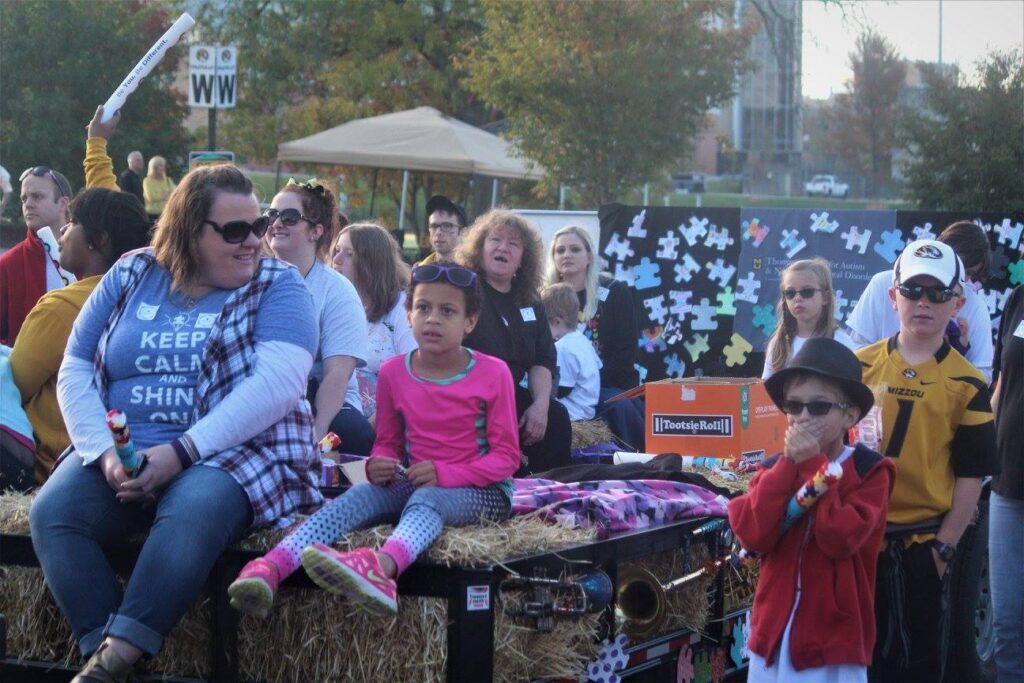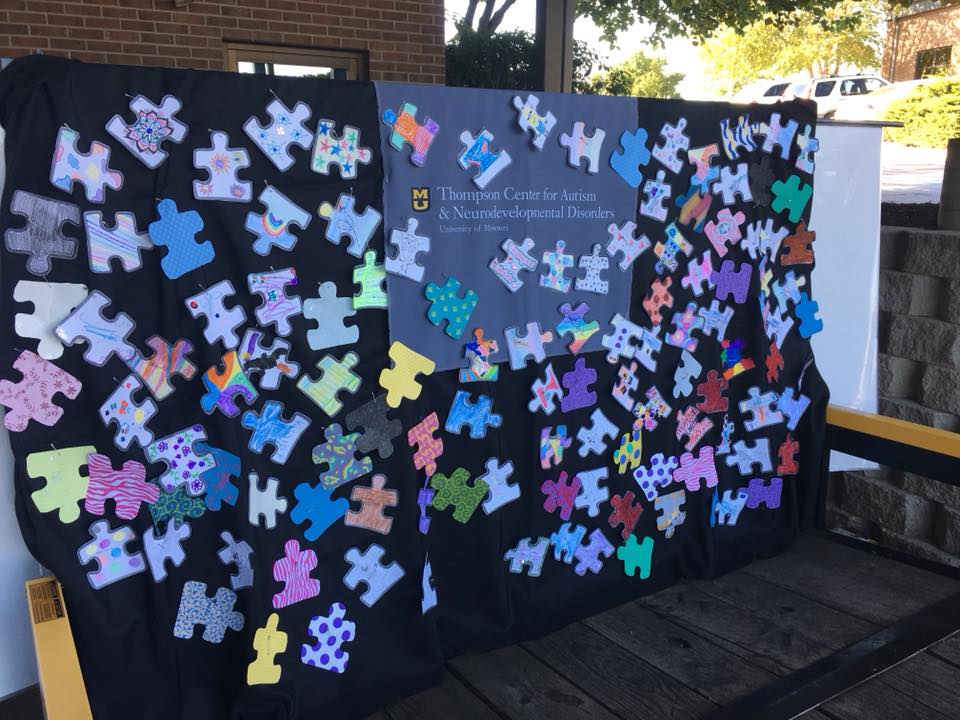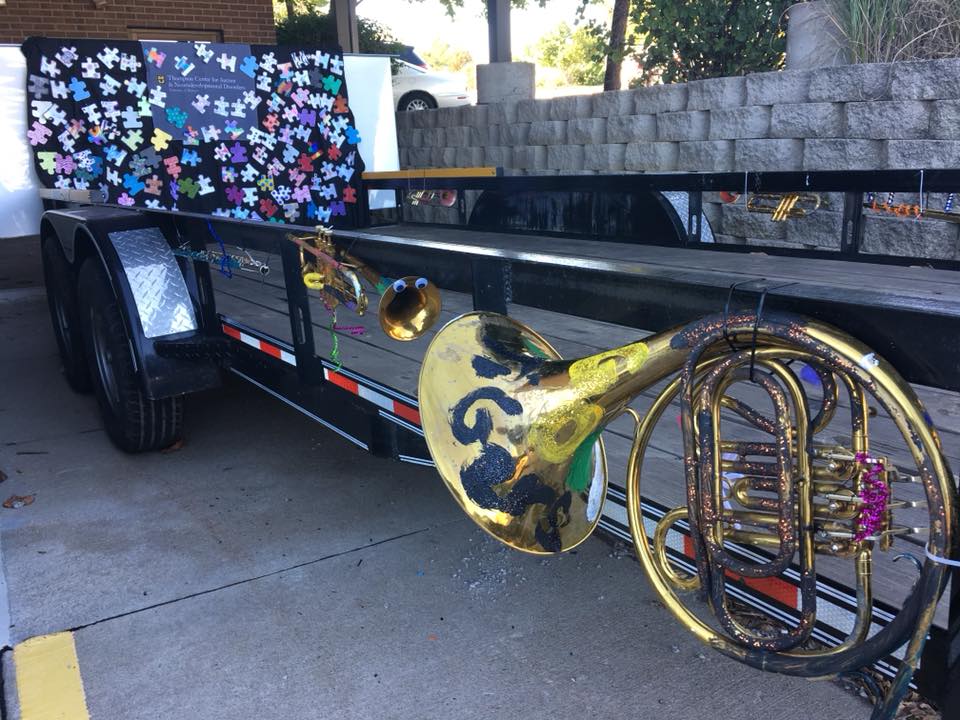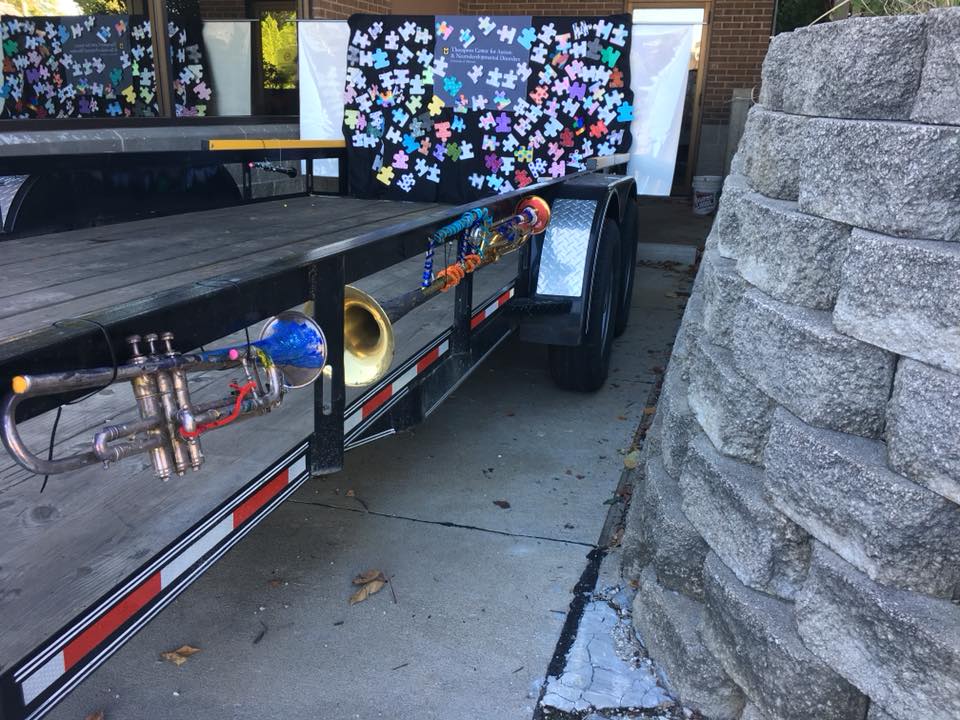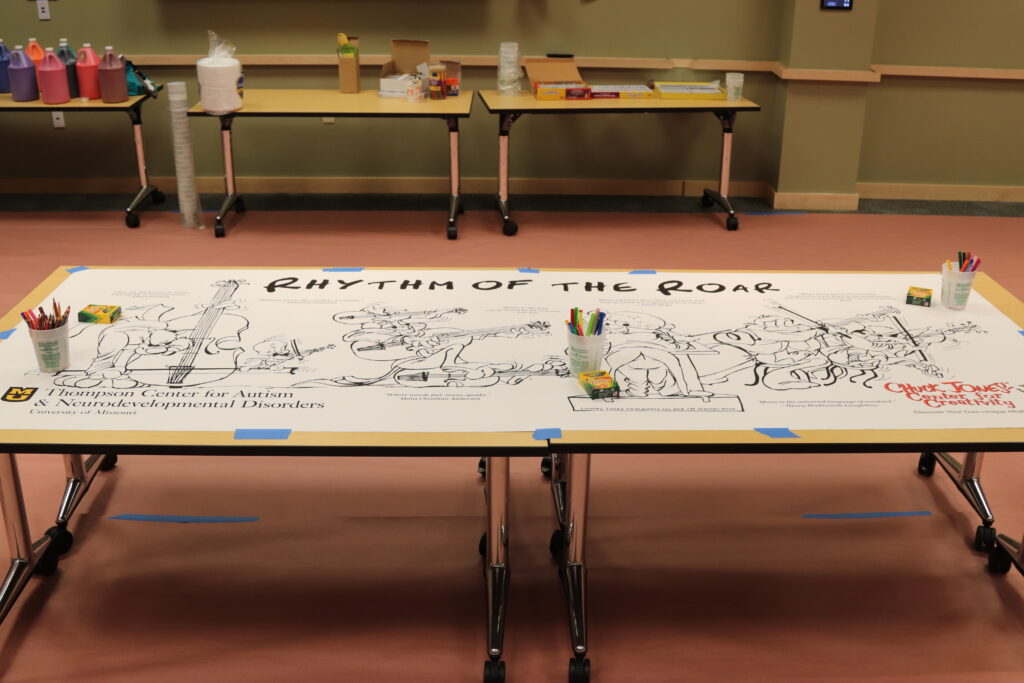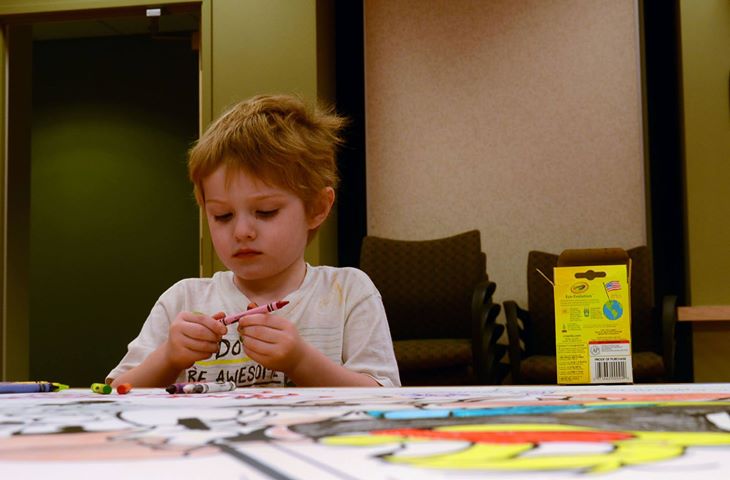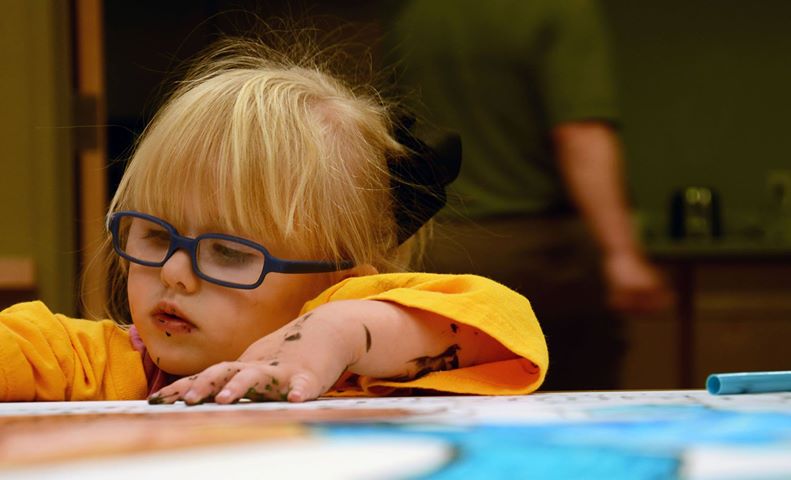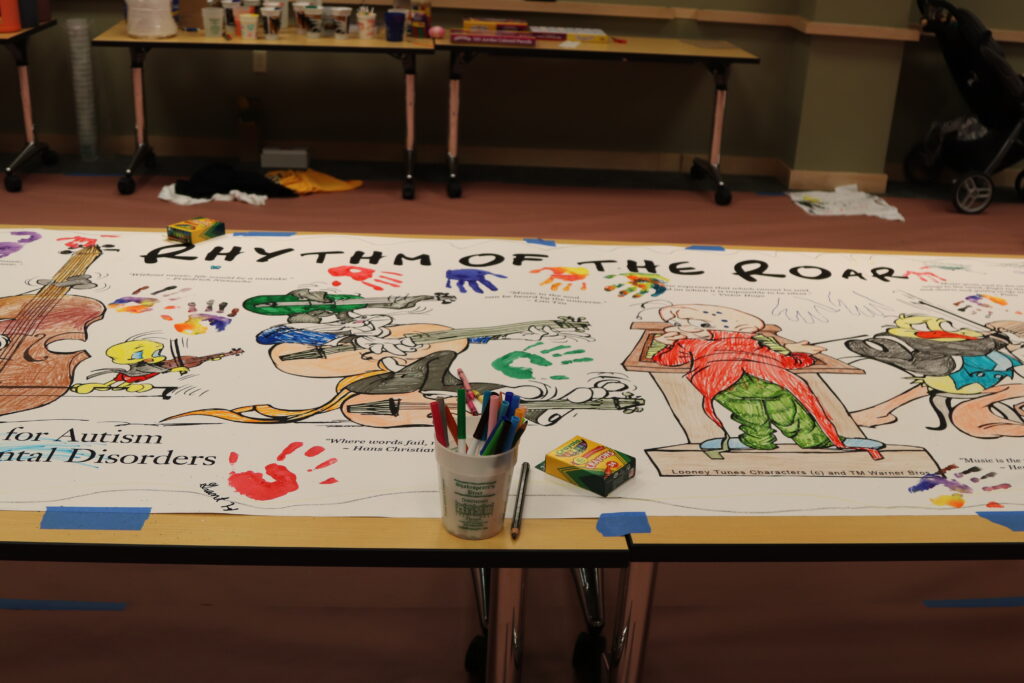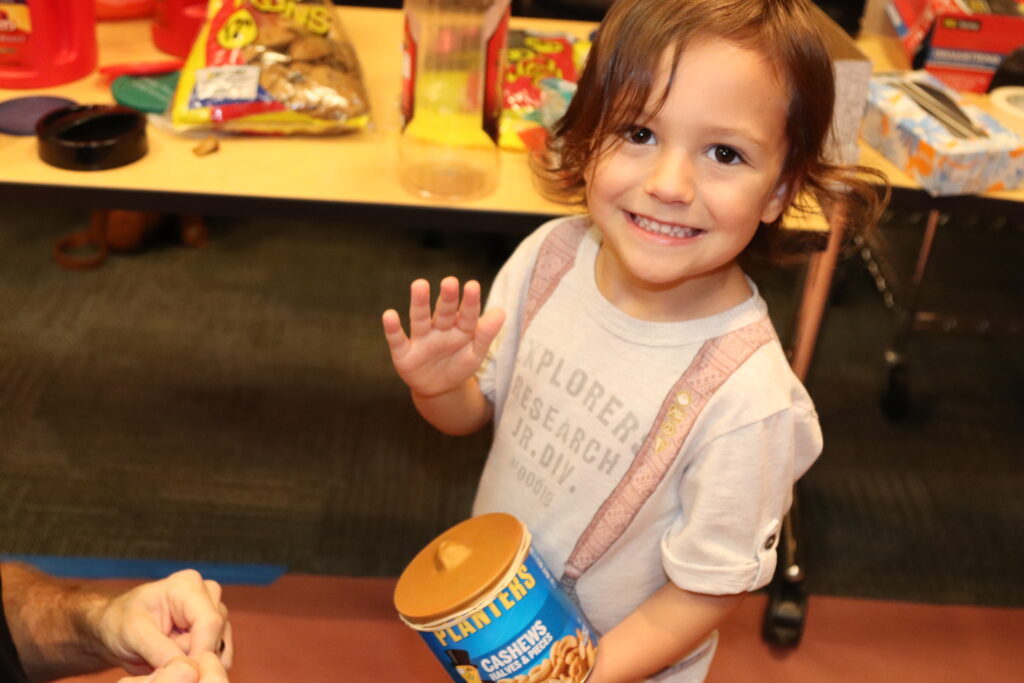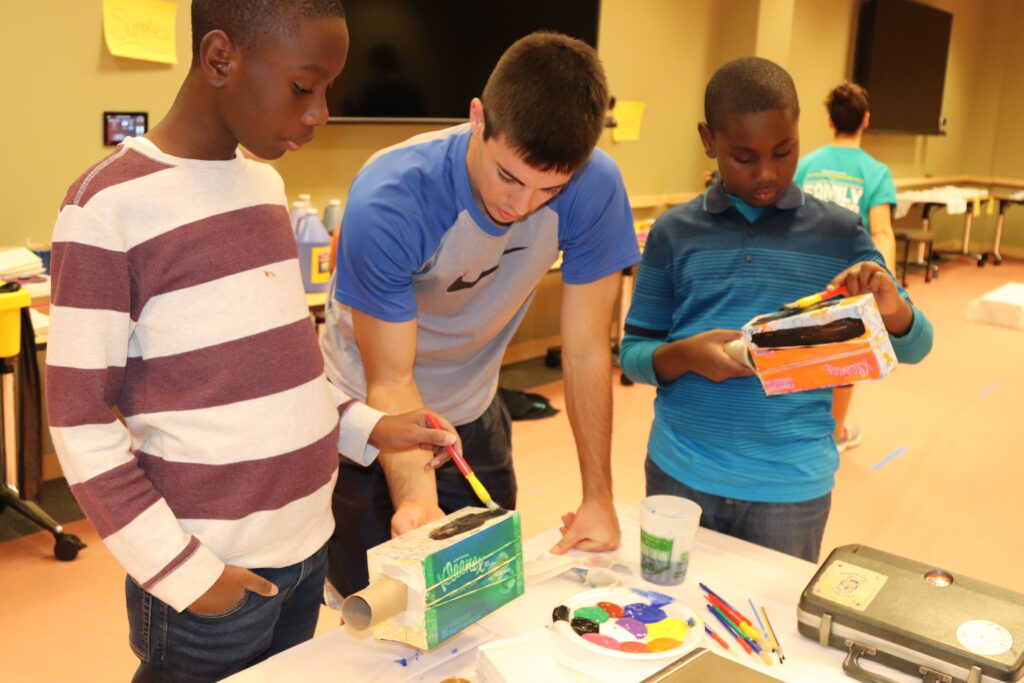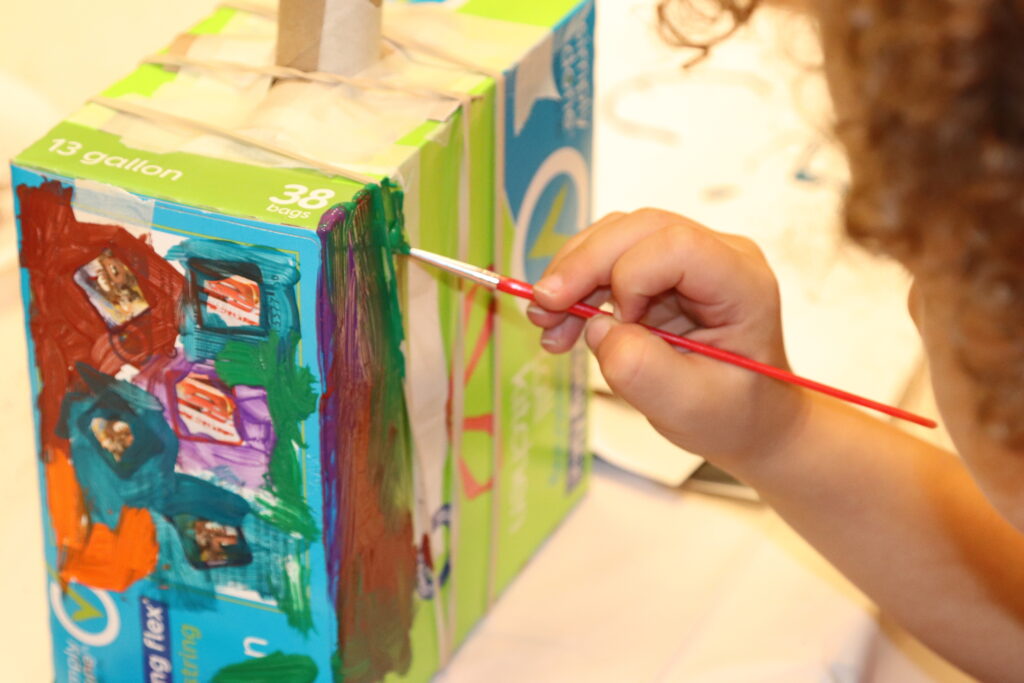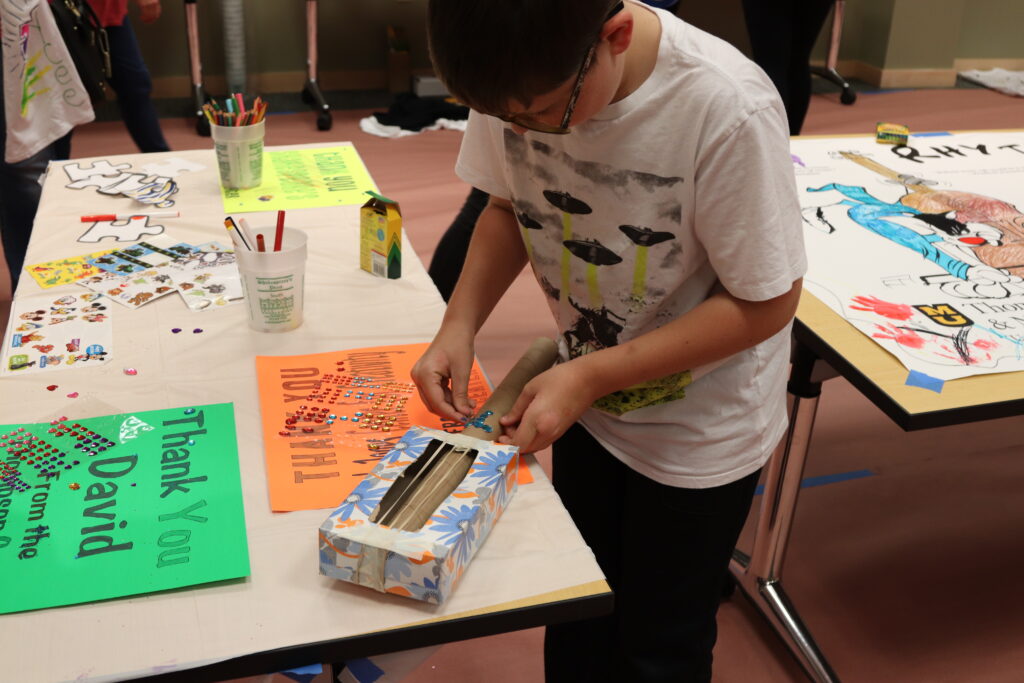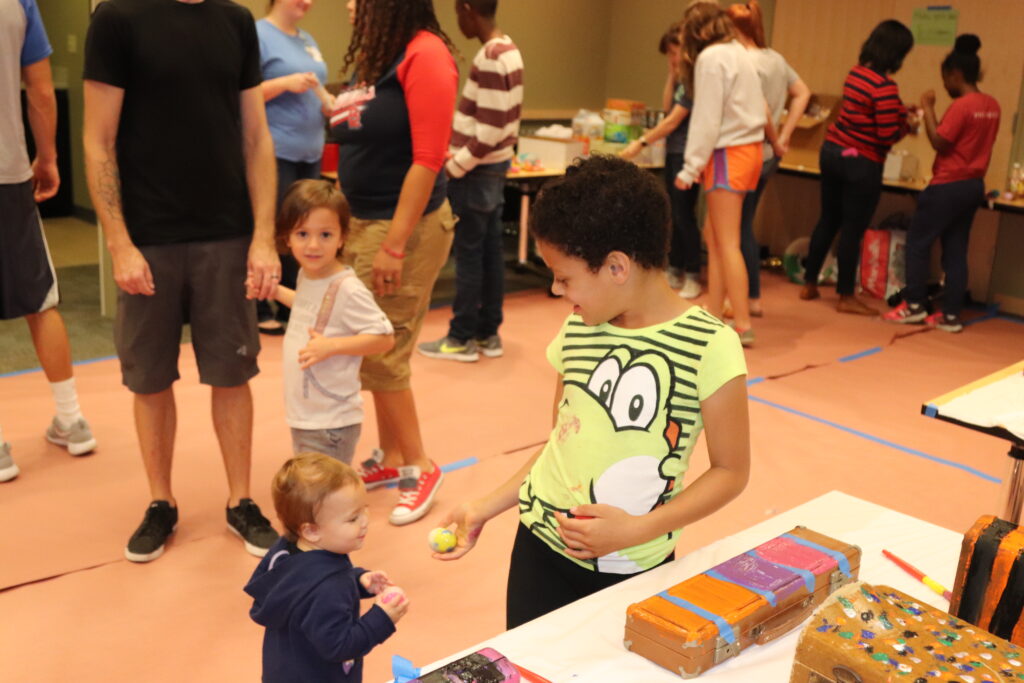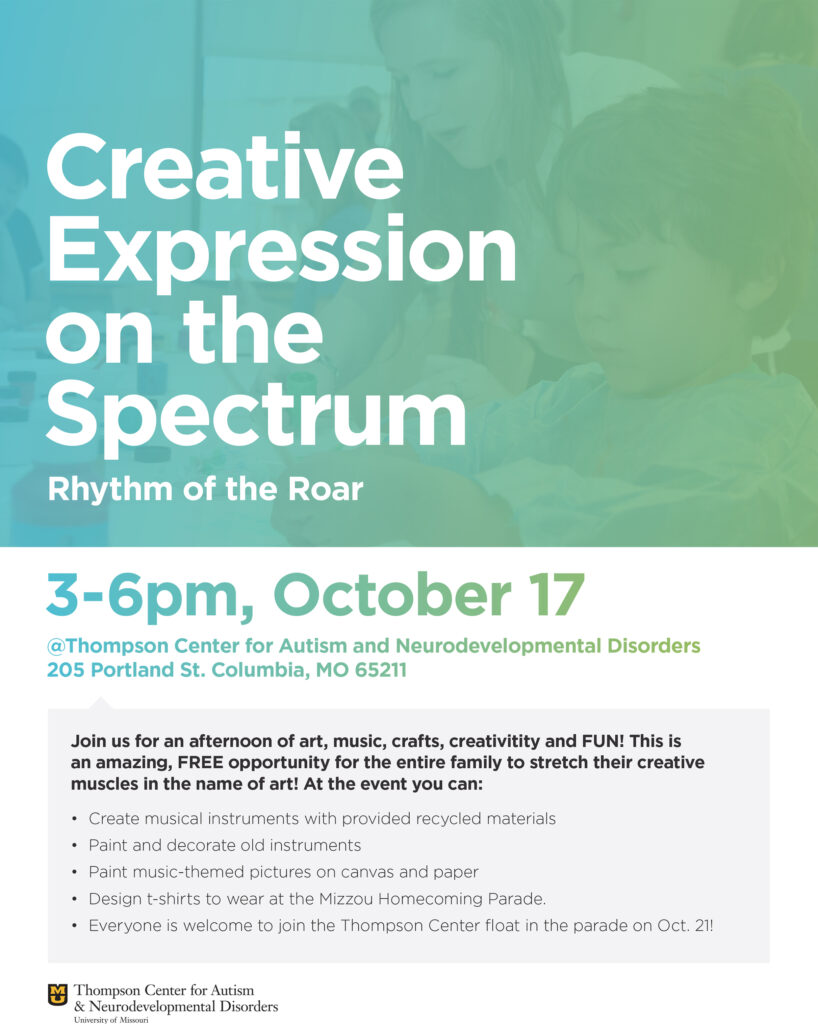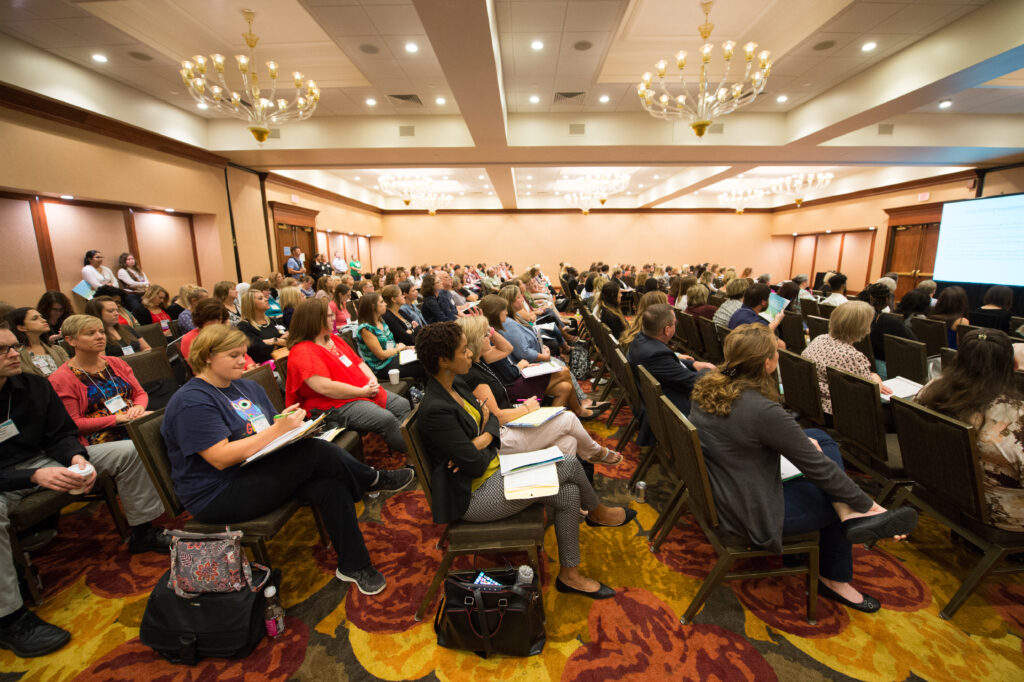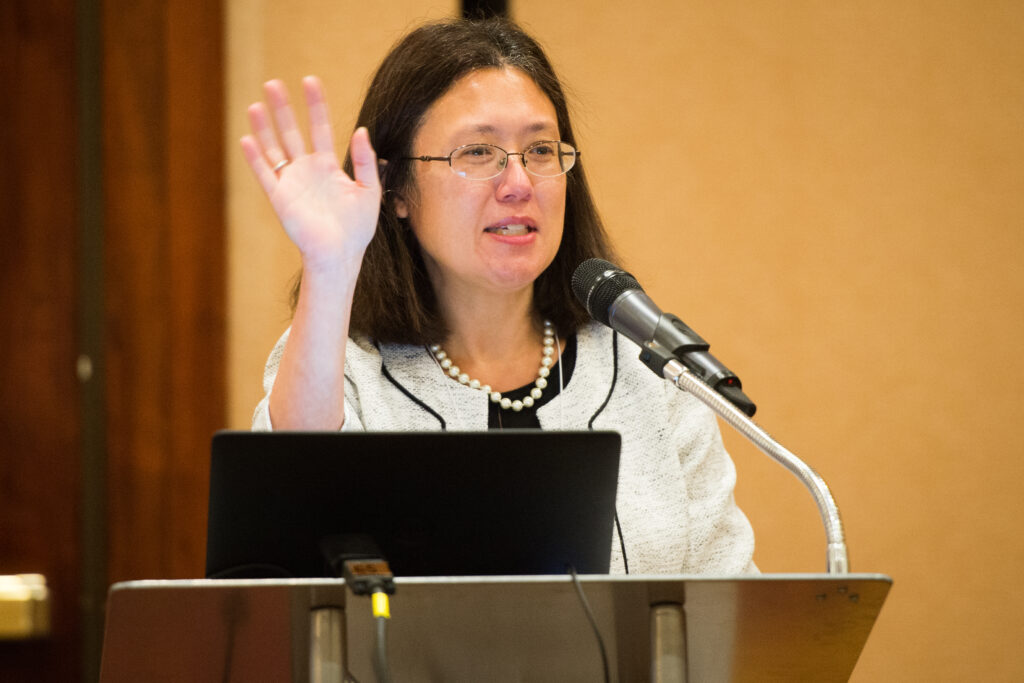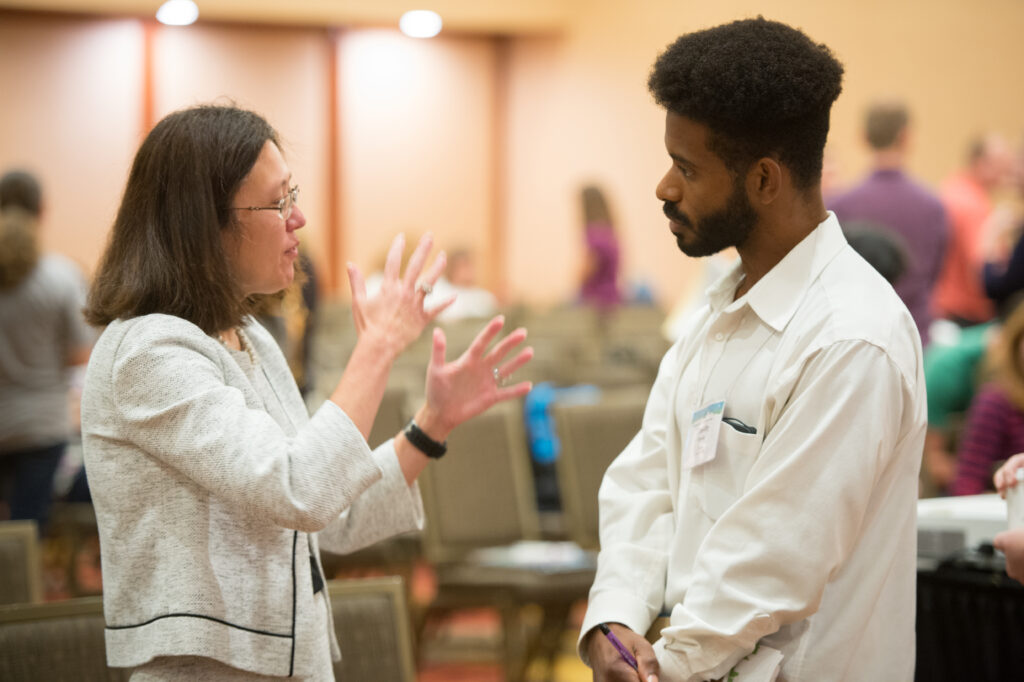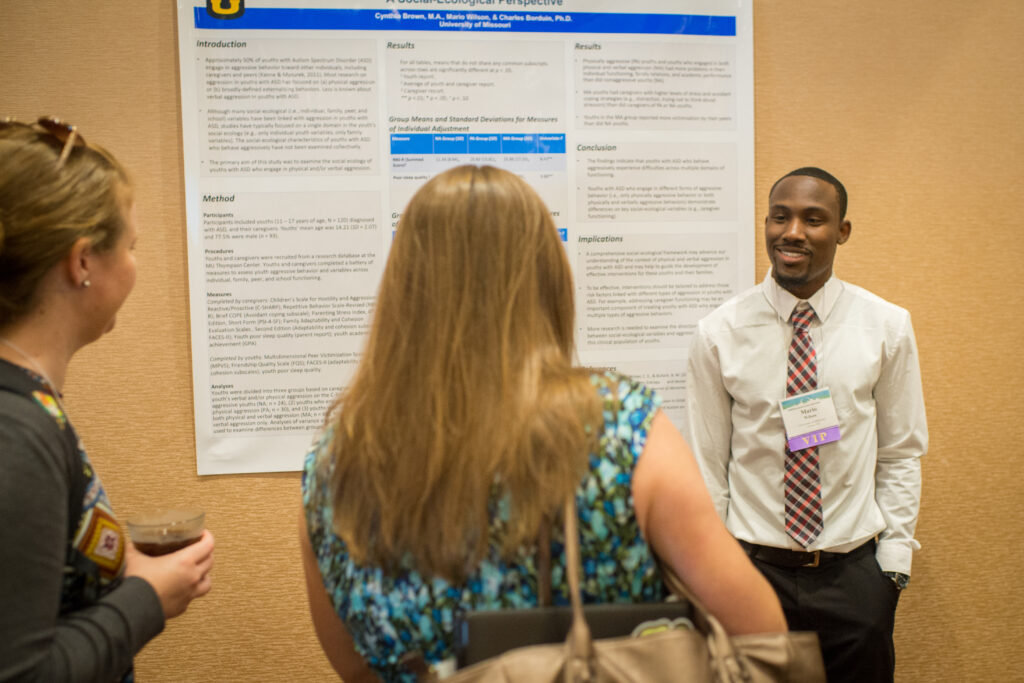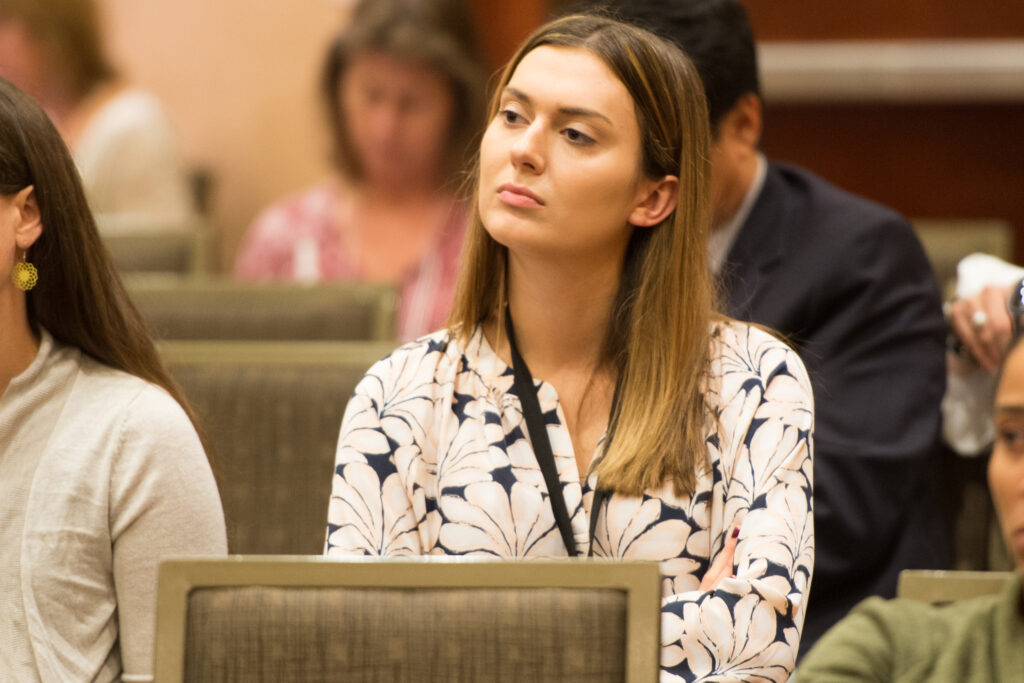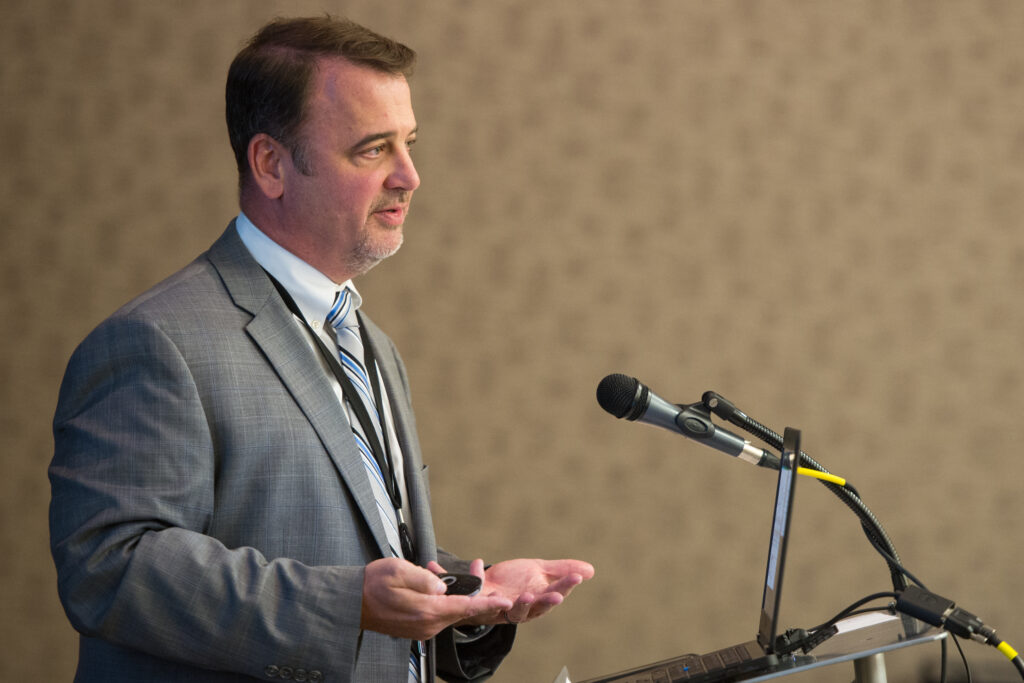The Thompson Center takes pride in being a national and global leader in autism care, research and training. This leadership perhaps is best illustrated through the Thompson Center’s role in the Autism Treatment Network (ATN). The ATN is a collaboration between Autism Speaks and a network of 13 hospitals and autism treatment and research facilities around the United States and Canada. Member sites of the ATN work together to develop the most effective approaches to medical care for people with autism.
Through the ATN, and its co-organization, the Autism Intervention Research Network on Physical Health (AIR-P), which is funded by the U.S. Department of Health and Human Services and the Health Resources and Services Administration, ATN site are performing innovative, ground-breaking collaborative research on autism and its best treatments.
One of the most valuable resources created by the ATN is a patient data registry, which currently holds an enormous amount of behavioral and medical data from 6,900 children and teens with autism. This data can be used by researchers across the ATN to save time and money when conducting studies on autism.
“The ATN has provided the Thompson Center with invaluable access to research data, support and funding,” said Dr. Stephen Kanne, executive director of the Thompson Center. “The opportunity not only to participate in such a wonderful network, but to serve as a leader within the network, has strengthened the Thompson Center and membership with the ATN will continue to advance our missions of autism care, research and training into the future.”
The ATN develops critical tools and evidence-based algorithms to advance the diagnosis and comprehensive care of children with autism. Each ATN site contributes multidisciplinary professionals to the network, including clinical experts, research experts and parent experts.
“Membership in the ATN proves the Thompson Center belongs among the elite centers and hospitals for autism care around the country,” Kanne said. “Further, our ability to serve as a leader in research expertise among the ATN sites is a testament to the outstanding researchers, facilities and support staff we have been able to assemble here at the Thompson Center.”
Dr. Kristin Sohl serves as the network steering chair and guides initiatives around providing “whole care for the whole family”. Dr. Sohl also serves as the ATN/AIR-P site principal investigator at the Thompson Center, and is leading the signature research project for the AIR-P. This study is a multi-site, randomized controlled trial evaluating the Extension for Community Healthcare Outcomes (ECHO) Autism program. The study aims to improve autism knowledge and confidence of community primary care physicians and nurse practitioners, allowing them to better screen and identify autism, as well as manage symptoms of co-occurring conditions often associated with autism.
“ECHO Autism is bringing best practice autism care to primary care so families can access evidence-based tools and expertise in their local communities,” Sohl said. “Connecting communities to experts like those at the Thompson Center enable families to get answers sooner and receive the right care at the right time and in the right place.”
The ECHO Autism study will run through 2018 and early returns for the study are promising. ECHO Autism is a Thompson Center program developed by Sohl and Dr. Micah Mazurek, in collaboration with the Missouri Telehealth Network. By using state-of-the-art multipoint video conferencing technology, an interdisciplinary team of autism experts, or the “hub team,” is able to coach and mentor dozens of health providers, or “spokes,” simultaneously, guiding them on how to deliver best-practice autism care. During ECHO Autism clinics, experts are able to give recommendations on how to best care for patients with autism and their families. The program has exploded in the past two years, now reaching practitioners across the globe.

